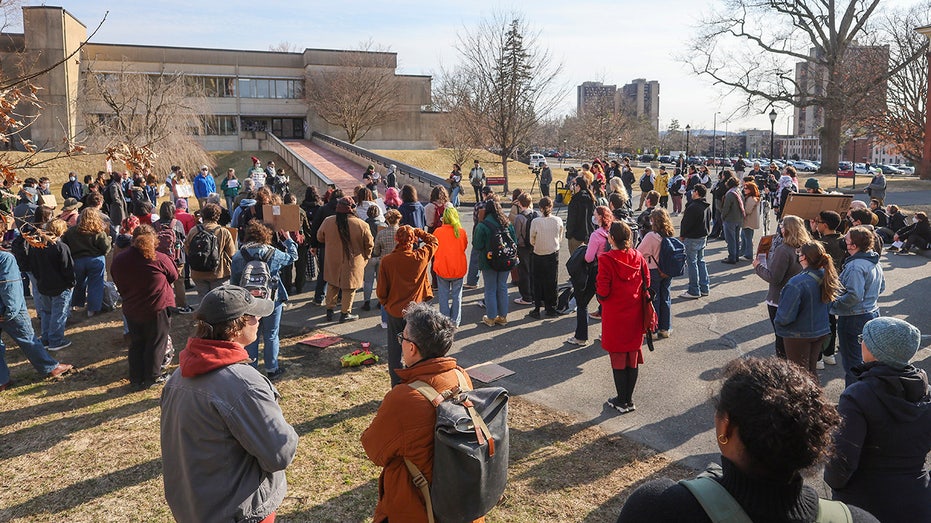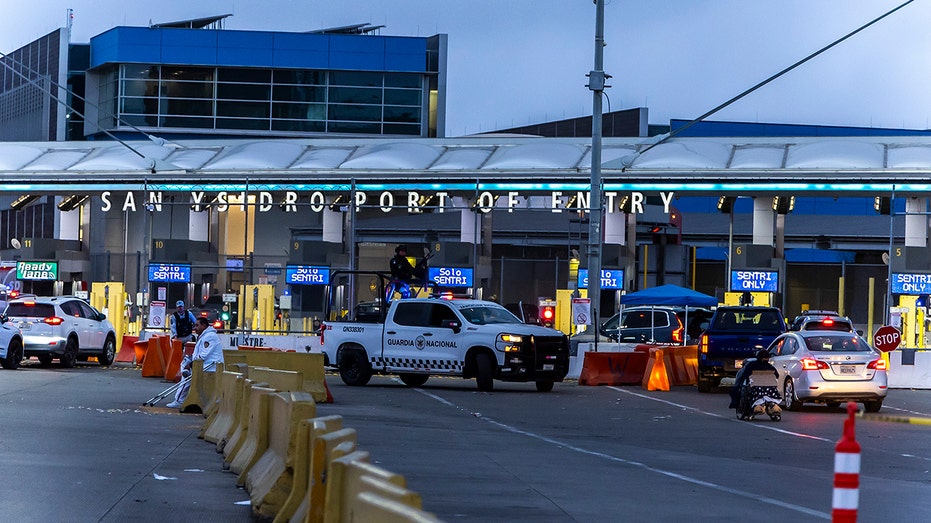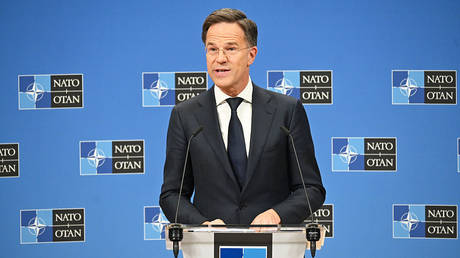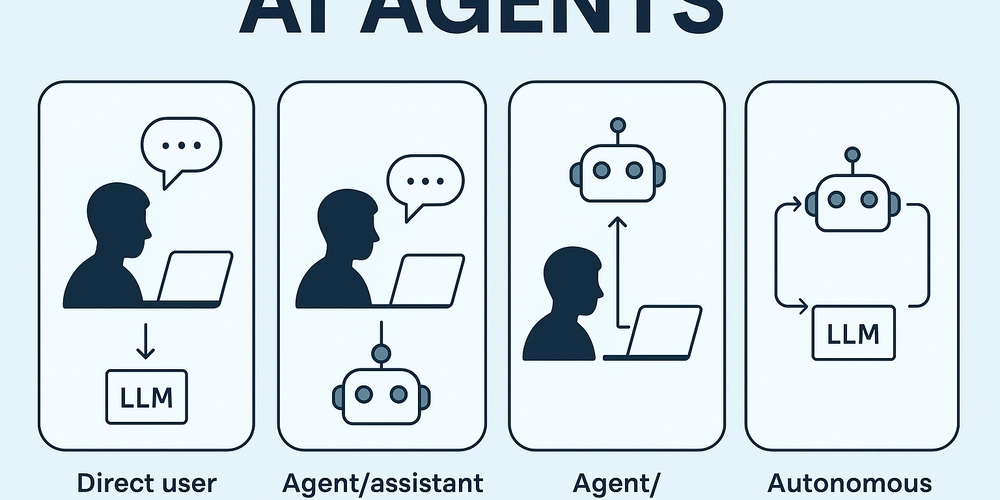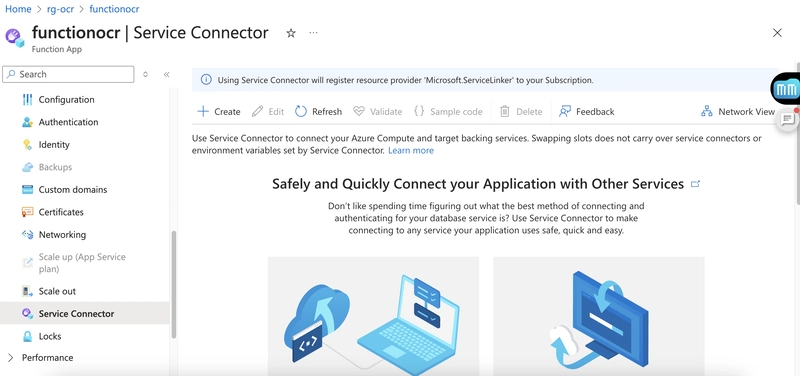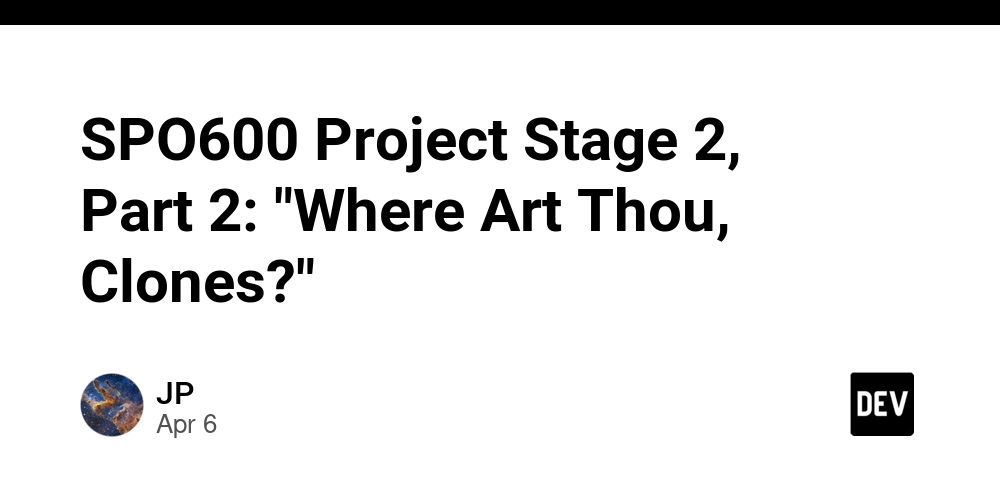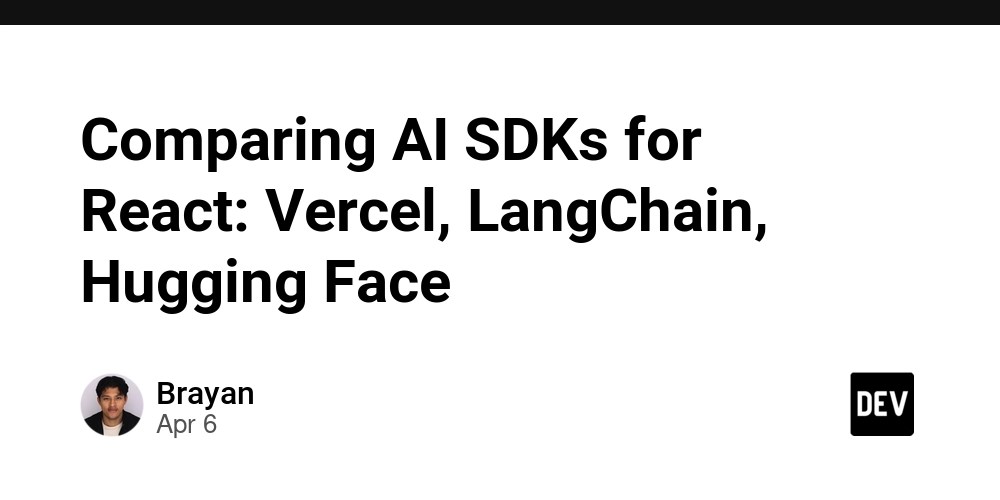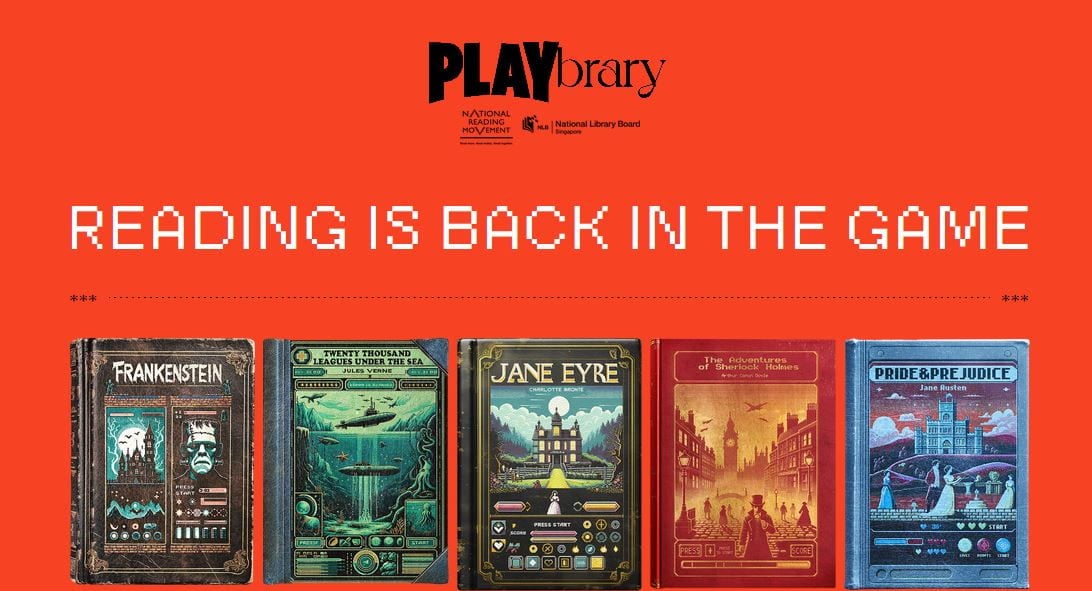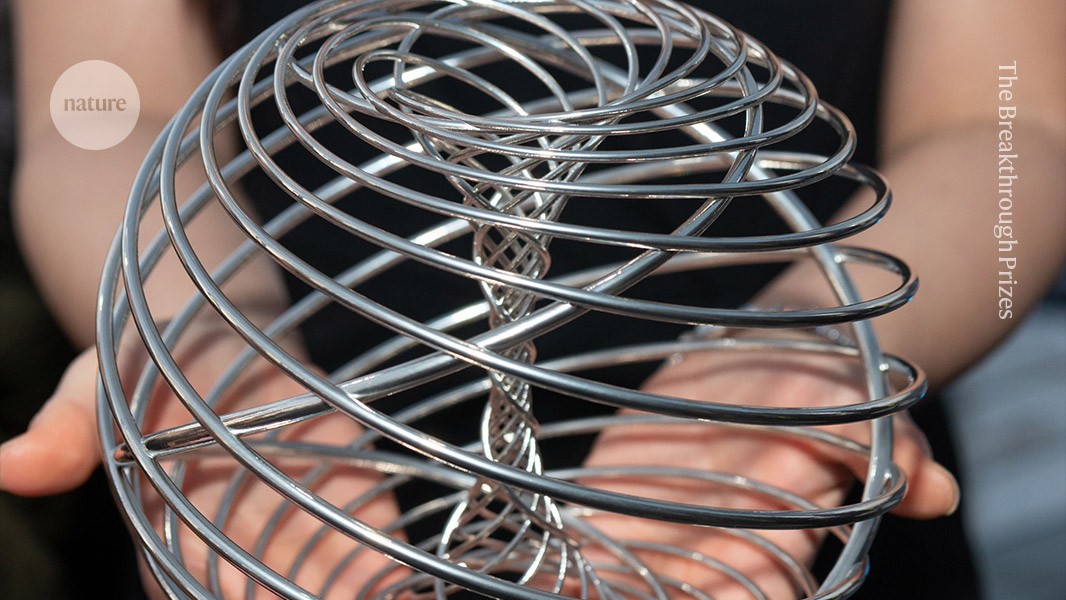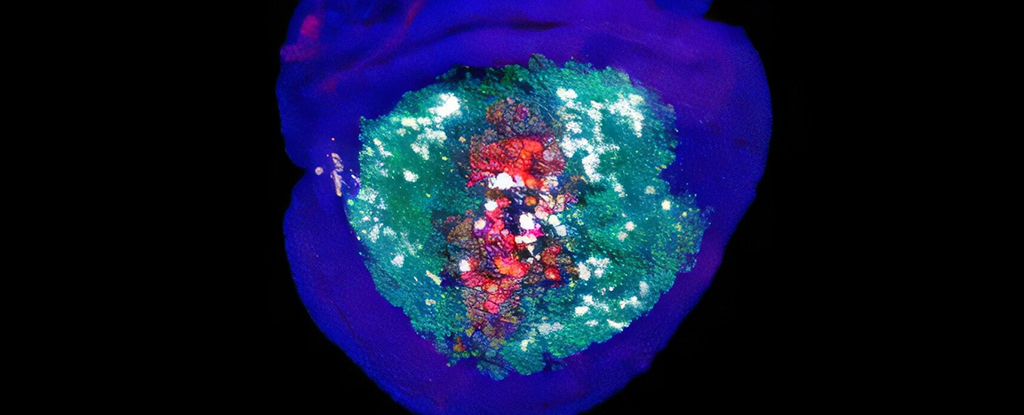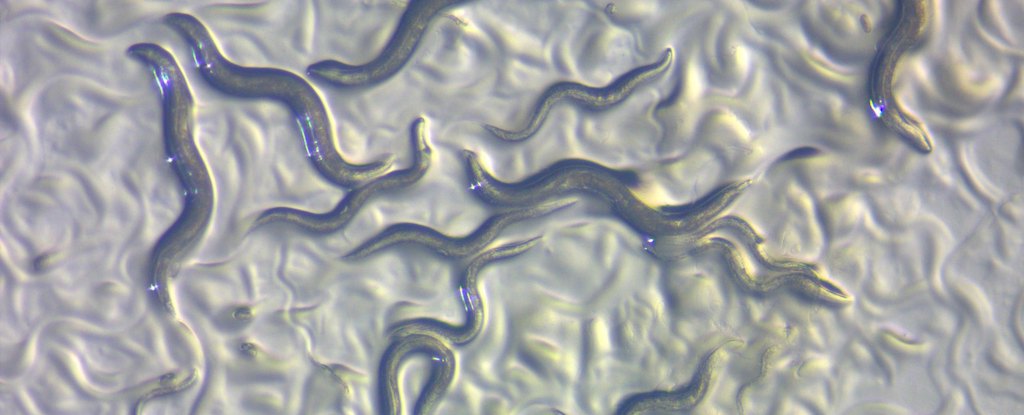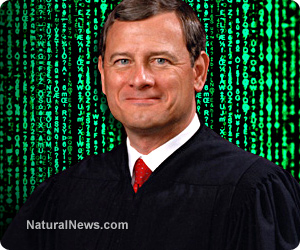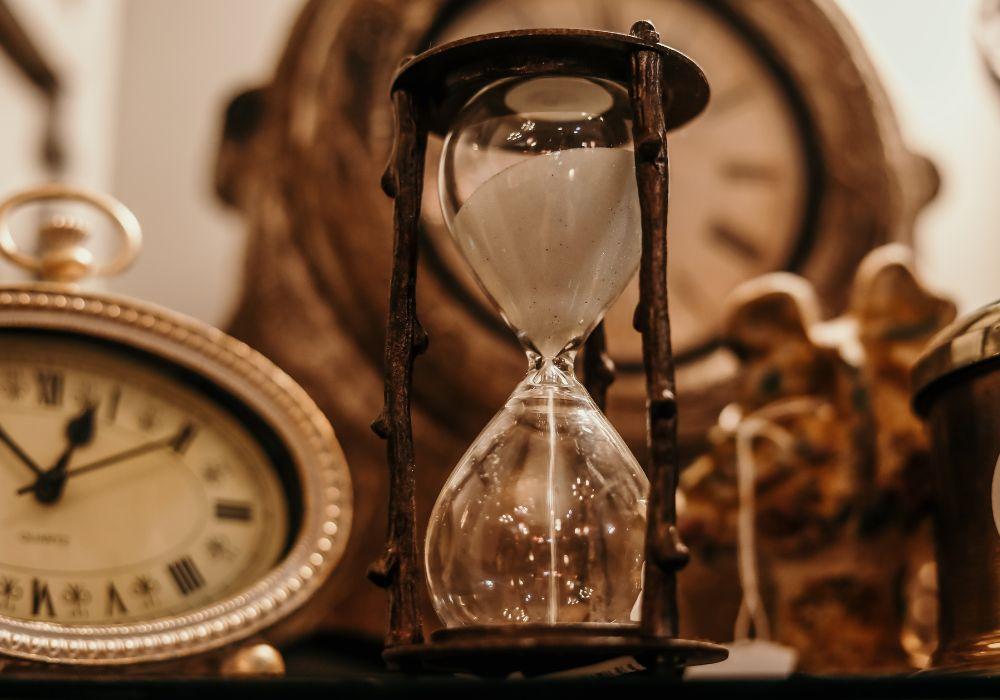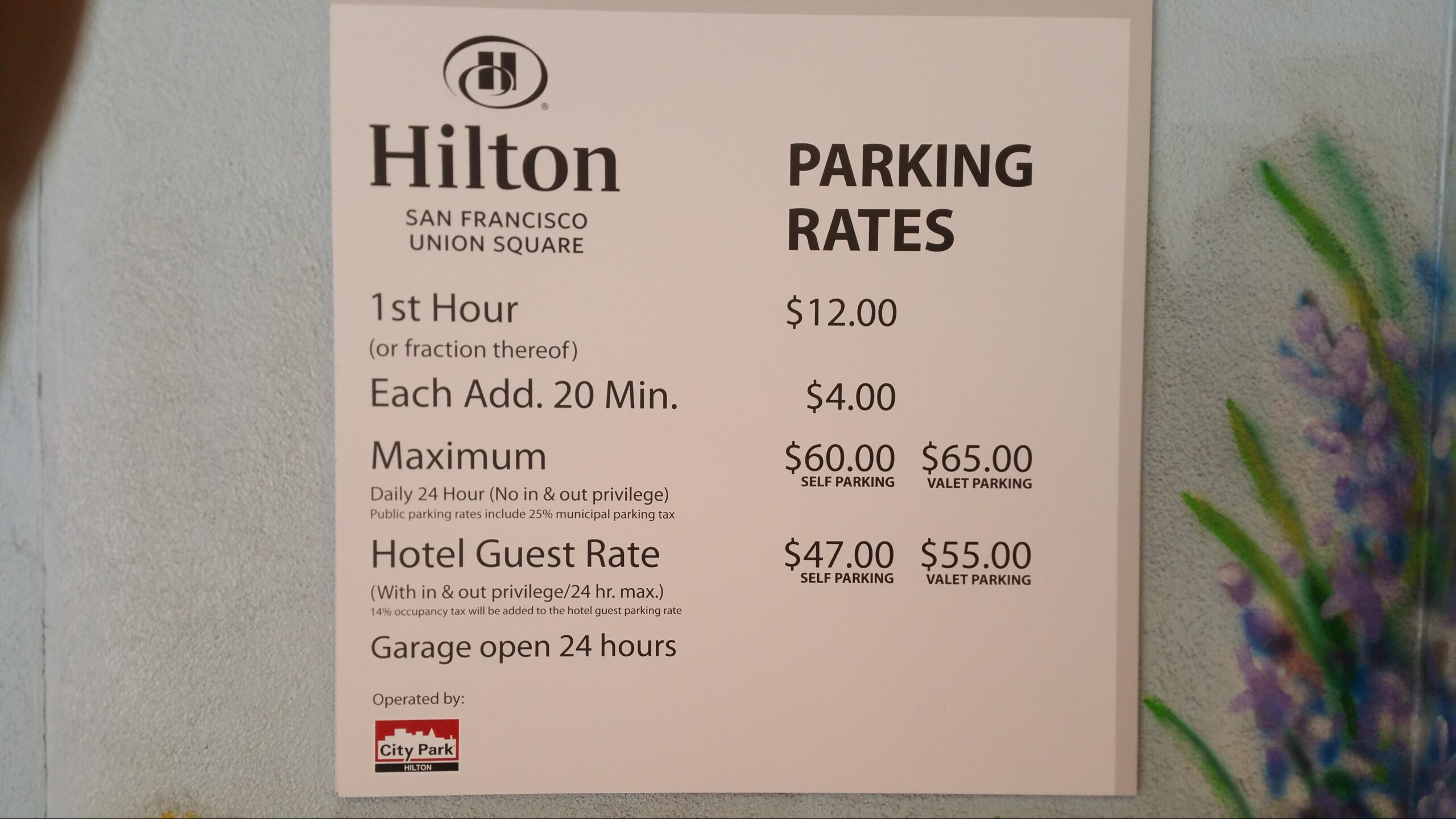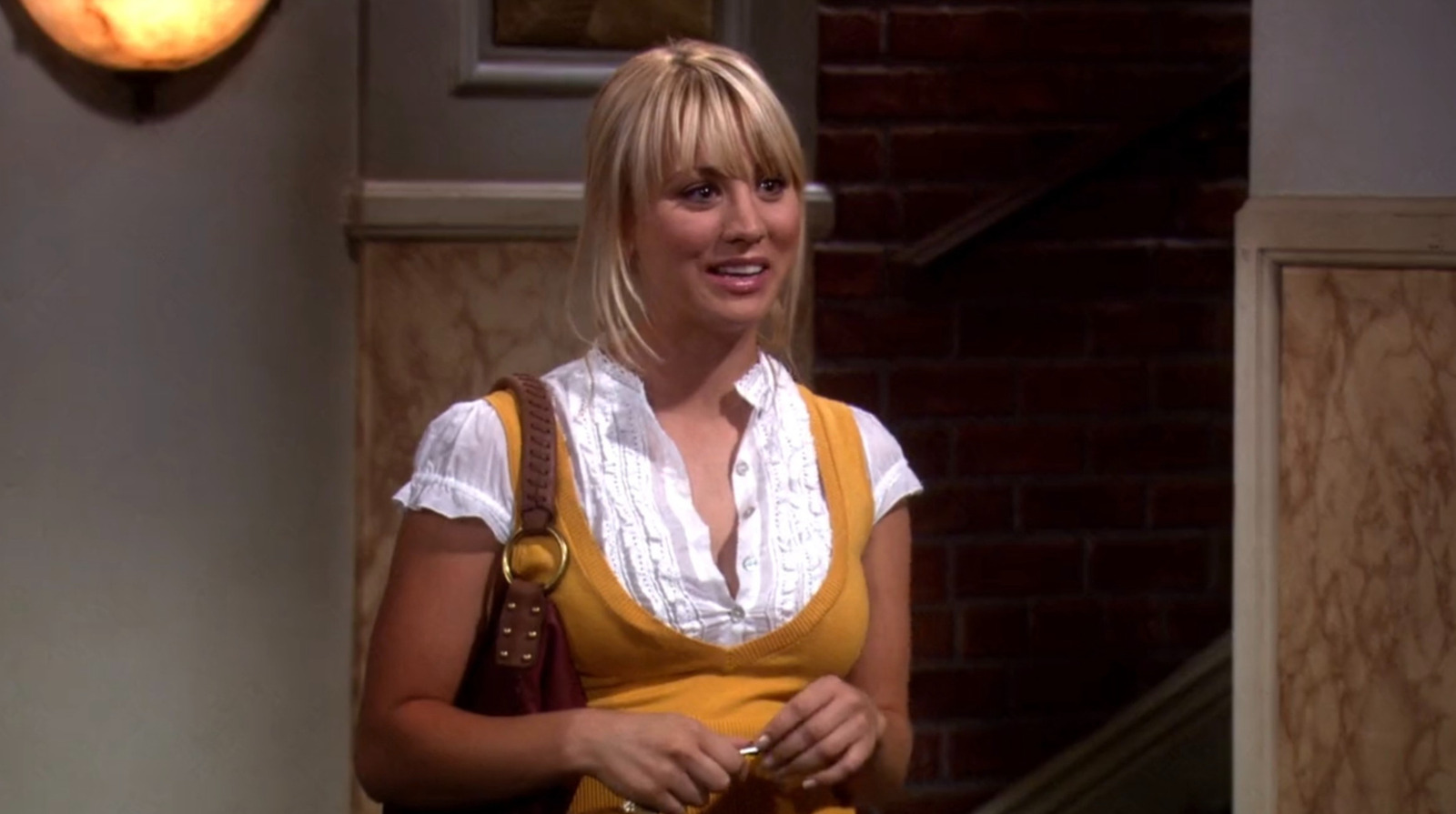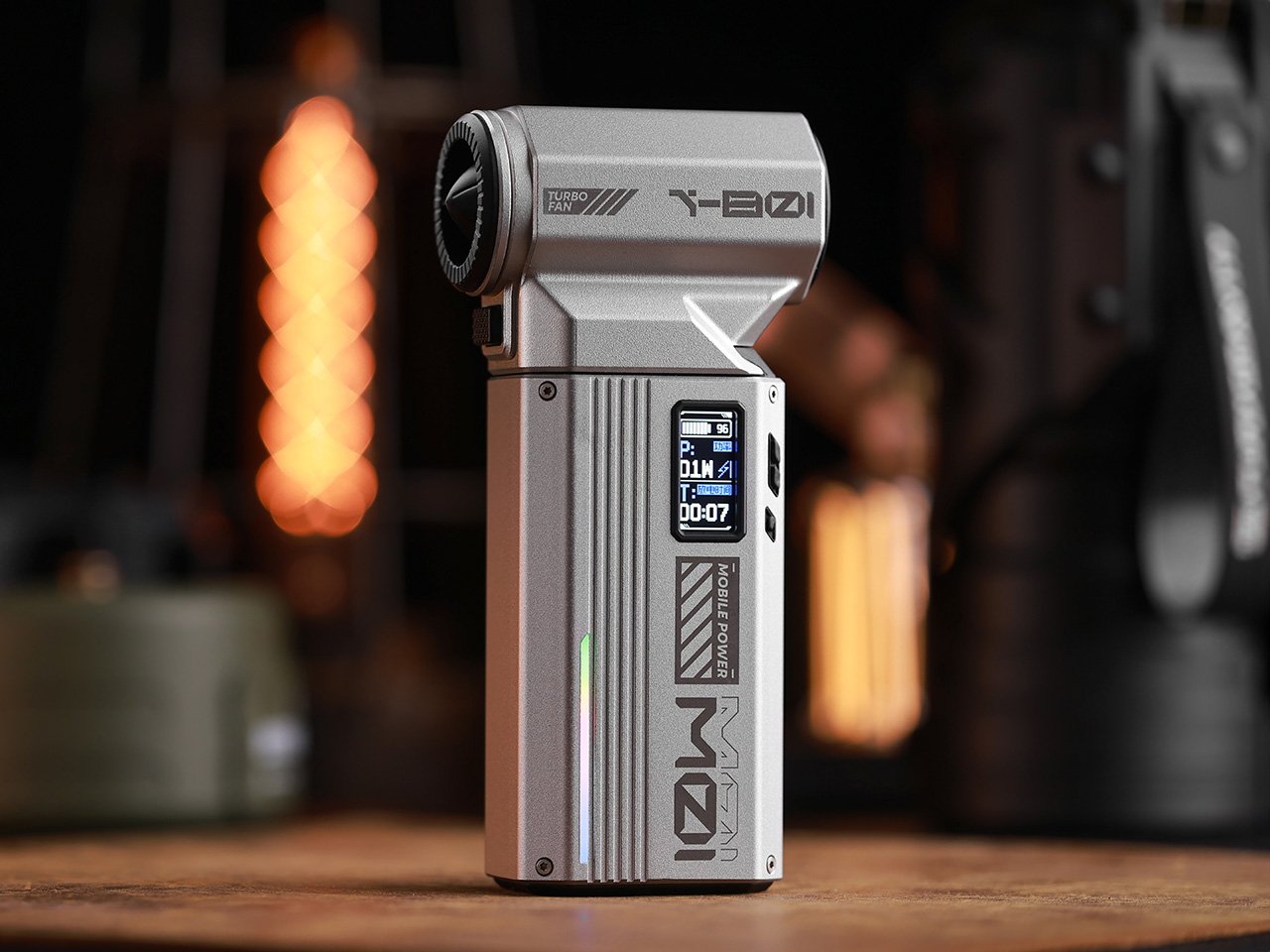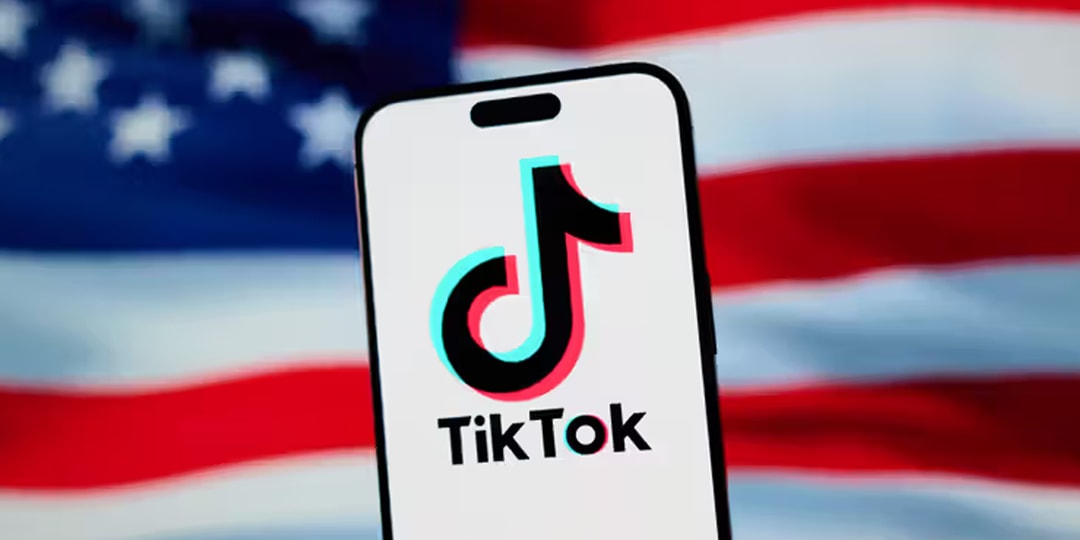The Voice of Trump
White House communications chief Steven Cheung has a strategy: relentless aggression.

Across the press-briefing room in the West Wing, past the lectern where the beaming blond press secretary, Karoline Leavitt, admonishes members of the meddlesome press, behind a blue sliding door, past a bored-looking security guard, and inside a small, cluttered office, White House Communications Director Steven Cheung is on X, trolling his boss’s enemies.
“The camera can’t stabilize because the watermelon head is wobbling precariously on a pencil neck,” he wrote on March 13, above a video of Representative Adam Schiff of California. Watching CNN’s Erin Burnett talk about economics, he posted on March 10, “is like watching a donkey try to solve a Rubix [sic] Cube.”
This is standard internet talk for Cheung, who, during the 2024 presidential primary, publicly referred to Florida Governor Ron DeSantis as a “desperate eunuch” and asked why he would “cuck himself” before the country. But it’s a new tone for a White House communications director.
Although Cheung is more of a back-office guy, you may have caught glimpses of him last spring, escorting the would-be president in and out of Alvin Bragg’s downtown-Manhattan courtroom. Not particularly tall, he is rotund, with a shiny, egg-shaped head and a deep wrinkle etched above his brow. Observers have noted that, standing next to Donald Trump, Cheung (who is ethnically Chinese) looks a bit like Oddjob, the archvillain’s silent but menacing sidekick in the 1964 James Bond film, Goldfinger. Cheung happily made the comparison himself last week, when he reposted a photo of himself wearing a black bowler hat—Oddjob’s signature concealed weapon.
Cheung worked in communications for the Ultimate Fighting Championship before joining the 2016 Trump campaign—and he brought along an apparently boundless appetite for combat. Now 42, he has stuck with the president for close to a decade in a variety of roles that have spanned the turbulence of the Access Hollywood tape, the backbiting of the first administration, and the wilderness period that followed Trump’s 2020 election loss. For much of that time, Cheung kept a low profile. That has changed. And by all accounts, Trump loves him. The president has referred to Cheung as his “sumo wrestler,” and commented proudly on the size of Cheung’s hands. (“Look at those hands. You’re in good shape if he’s with you,” he once reportedly said.)
The paradox of Cheung is that, behind the scenes, the president’s attack dog is friendly, and peppers his conversations with generous belly laughs and the occasional “hoo boy.” In interviews, nearly a dozen reporters from outlets across the ideological spectrum described him to me as a uniquely pleasant and straightforward aide in Trump's mostly toxic orbit. The Cheungian approach to communications leans deep into this paradox. He will engage journalists in pleasant chitchat, argue good-naturedly about the finer points of a story, and then fire off a public insult. “These sources are full of shit and have no idea what they are talking about,” Cheung said in a story by the journalist Tara Palmeri, who writes the Red Letter Substack. But Palmeri described Cheung to me as generally calm and reasonable.
In Trump’s first administration, constant warring among aides resulted in sloppy, inconsistent messaging and a steady flow of leaks. But the staffers in Trump 2.0 appear, at least for now, to be more united—in ideology as well as attitude. They have no use for norms and politesse. American political language, Cheung told me in an interview earlier this month, “was due for a supercharge.” And under his leadership, the comms team is engaged in a campaign of relentless—often performative—hostility. “He has a skill that I don’t, which is to come up with the funniest, most aggressive one-liners you’ve ever heard, in seconds,” Leavitt told me.
Trump’s incursion against American institutions is now benefiting from a communications operation that is more effective—and far more withering. Cheung has been the architect of this new messaging era, bringing all that is authentically vulgar, unflinching, and cruel about his boss to official White House statements. “In the first Trump term, Cheung was not a big player at all,” Palmeri told me. “Now he’s the voice of Trump.”
[Tom Nichols: Trump’s titushky]
When I met Cheung recently, I found him standing outside his office, chatting happily with a pair of reporters. That afternoon, Elon Musk would join the president as he shopped for a brand-new Tesla from a selection of vehicles arranged around the White House’s South Portico like gifts in an episode of My Super Sweet 16. One of the reporters was wondering, as reporters tend to do, about the ethics of it all. But Cheung’s excitement would not be dimmed. “You guys are in for a surprise,” he told them. “Did the White House counsel approve staff participation in the endorsement of a private product?” the reporter asked. Cheung rolled his eyes but seemed to be enjoying himself as the two went back and forth. Eventually, the reporters shuffled away with a statement from Cheung that skirted the ethical issue. Smiling, Cheung ushered me into his office.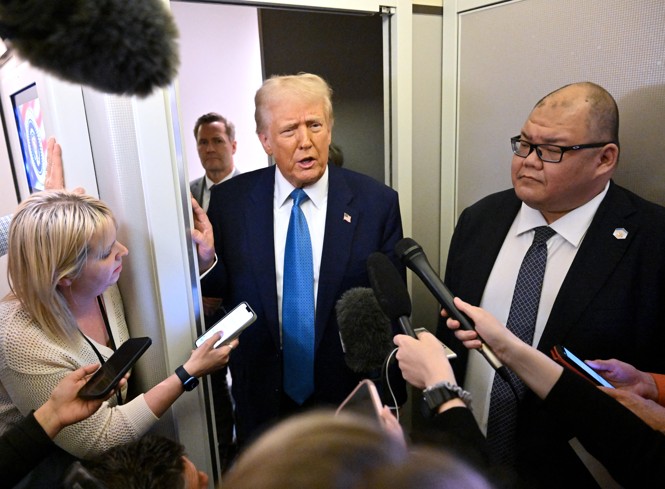
I’d heard about his reputation as a nice guy. Even so, I was surprised by Cheung’s soft-spokenness and plastic-rimmed Tina Fey glasses—a very thoughtful look for a henchman. In one corner of his office, a flatscreen TV played four news channels at once (CNN, Fox, MSNBC, and Newsmax); in another corner sat a red cap embroidered with the words TRUMP WAS RIGHT ABOUT EVERYTHING. On the walls, a few gold frames hung empty, because Cheung has yet to receive the enlargements of his favorite campaign-trail photos. There are no personal pictures in sight, because he has no personal life. Cheung told me he has no time for that.
Cheung grew up in Sacramento, California, where his parents settled after they emigrated from Japan and Hong Kong in the 1960s. They’re all still close, Cheung says, but his family never actually cared much about politics, conservative or liberal, until he started working for Trump. Growing up, Cheung’s older brother, Stanley, was always the gifted one. He now works as an electrical engineer. Steven spent three years at California State University at Sacramento, but did not graduate. Now he has a job in the West Wing, and a plaque signed by Trump hangs in his parents’ home. “I had no idea,” he told me, gesturing around his office, “this is where life would take me.”
During college, Cheung interned in then-Governor Arnold Schwarzenegger’s speechwriting office; after dropping out of school, he worked on a string of political campaigns, including John McCain’s 2008 presidential bid. In 2009, Cheung wanted a job on the Republican underdog Steve Poizner’s campaign for California governor so much that he volunteered for two weeks before being hired as director of online messaging. “He’s an animal when it comes to hard work,” Jim Bognet, Poizner’s former campaign manager, told me. Cheung launched his own political-consulting company, Solgence, and worked on rapid response for Republican Senate candidates in Nevada and Texas.
Then, in 2013, Cheung got the job that would become Trumpworld lore. The Ultimate Fighting Championship hired Cheung as its director of communications and public affairs—bringing him on, in part, to lobby for the legalization of mixed-martial-arts fighting in New York. The UFC had recently evolved from a niche pay-per-view service into a recognized sport with mass-market appeal. This was the era of Conor McGregor and Ronda Rousey, and the franchise’s brand was all about vulgarity and social taboo. Nobody did more for the sport than CEO Dana White, whose cultivated machismo and plainspokenness had engendered trust among viewers.
Cheung left the UFC after three years, when the company was sold. He climbed aboard Trump’s chaotic train in 2016, as manager of rapid response, and continued to abide by White’s governing philosophy: “Be aggressive all the time—you can’t relent,” Cheung told me. “Bringing that mindset into politics,” he added, “I don’t think anyone’s really done that before.”
Trump still makes occasional appearances at UFC fights, and Cheung delights in showing him off. “When he walks in back of Trump in his posse,” the former Trump strategist Steve Bannon told me, “he always gets that little smile.” On St. Patrick’s Day this year, when McGregor visited the Oval Office, Cheung posted a photo of their meeting commemorating the collision of his two worlds. The caption: “Past life
